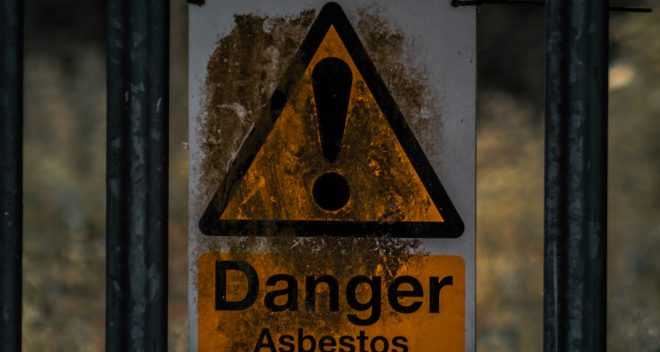EPN Articles Related To Chemicals & Pesticides
EPN Comments on EPA’s Proposed Decision to Approve Registration for New Uses of Dicamba on Dicamba-Resistant Soybeans and Cotton
EPN Oral Comments on EPA’s Proposal to Repeal the MATS RTR
Chemical Lobby Tightens Its Grip on EPA, Undermining Asbestos Ban and Putting Lives at Risk
EPN Comments on Proposed Registration of Pesticides Containing Vadescana dsRNA
EPN Comments on Proposed Registration of Pesticides Containing Isocycloseram
The Environmental Protection Network Condemns Rollback of Key Protections Against PFAS
EPN Comments on New Active Ingredient Cyclobutrifluram
EPN Comments on Notice: Petition Seeking Rulemaking to Modify Labeling Requirements for Pesticides and Devices
EPN Comments on Establishment of Plan to Track the Adoption of Bilingual Labeling on End Use Pesticide Labels
EPN IN THE NEWS RELATED TO Chemicals & Pesticides
Science Panel Hearing Expected To Review Industry’s TSCA Concerns
Stan Meiburg, former EPA Deputy Regional Administrator, was featured in Inside EPA for his Jan 8 testimony at a hearing about the Toxic Substances Control Act.
Under Former Chemical Industry Insiders, Trump EPA Nearly Doubles Amount of Formaldehyde Considered Safe to Inhale
Tracey Woodruff, former EPA Senior Scientist and Policy Advisor in the Office of Policy, spoke with ProPublica about the importance of implementing strict regulations on chemicals.
‘Everywhere chemicals’ are in our food, decades after scientists recognized dangers
Betsy Southerland, former Director of the Office of Science and Technology in EPA’s Office of Water, spoke with The Washington Post about the history of chemical regulation by EPA.
What Happens to the Plastic in Single-Serve Coffee Pods?
Tracey Woodruff, former EPA senior scientist and policy advisor in the Office of Policy Director, spoke with Time about the lack of standards for assessing exposure to microplastics in food.









